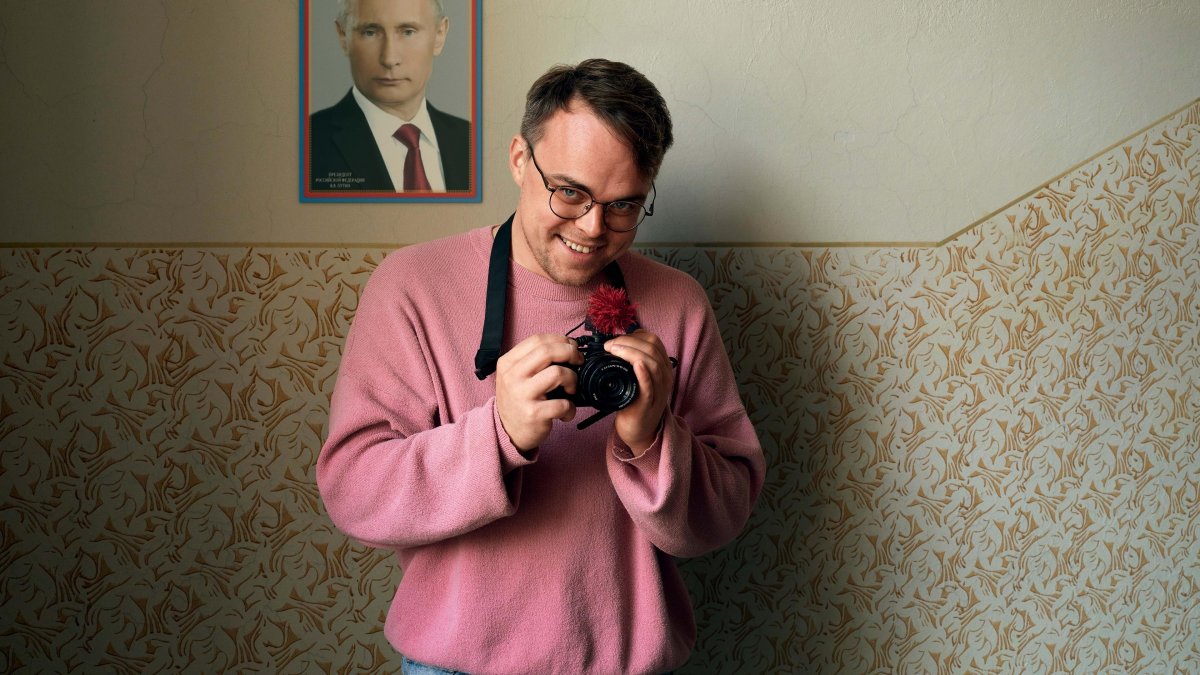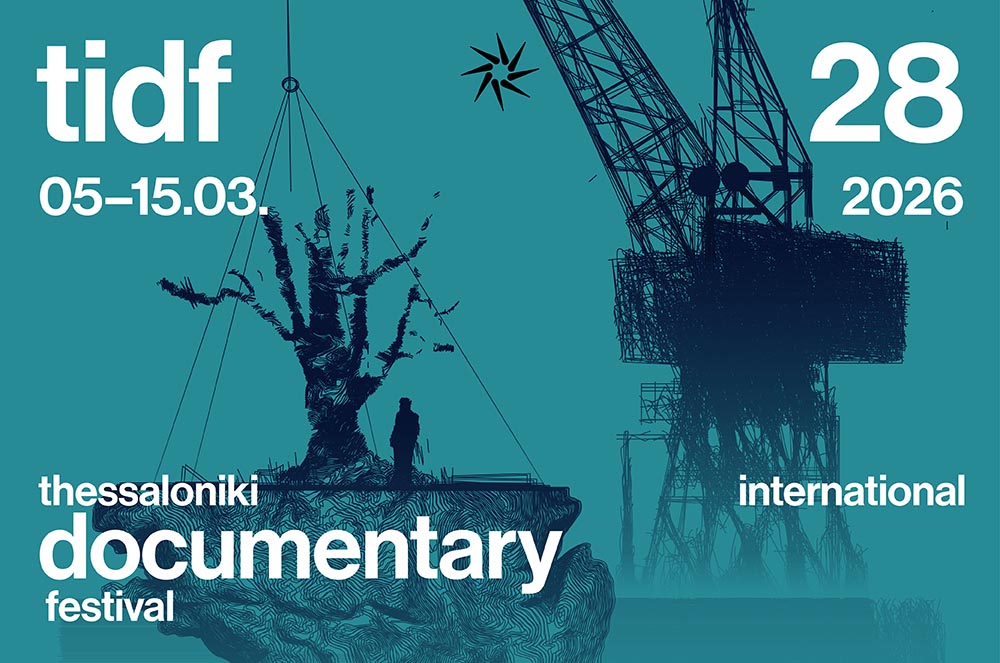News
For more information please contact Press and Communication Department.
We welcome you to the anniversary, 60th TIFF
www.filmfestival.gr
The Thessaloniki International Film Festival celebrates 60 years of Festival with wonderful films, exciting guests, events in the city of Thessaloniki, a comic, exhibitions, tribute, the present, and future of Greek cinema and a new competition section.
Vasilis Kekatos, winner of the Golden Palm for Best Short Film, is the director of the 60th TIFF’s spots
www.filmfestival.gr
Vasilis Kekatos, winner of the Golden Palm for Best Short Film, for The Distance Between Us and the Sky was assigned to direct the 60th Thessaloniki International Film Festival’s spots, welcoming the audience to the festival’s theaters.
Vasilis Kekatos, wishing a “happy birthday” to the Festival, crafted four tender and touching film spots, produced by Eleni Kossyfidou and in collaboration with Onassis Foundation.
60th TIFF: Greek Films
www.filmfestival.gr
Τhe 60th Thessaloniki International Film Festival presents the Greek films of this year’s edition


















